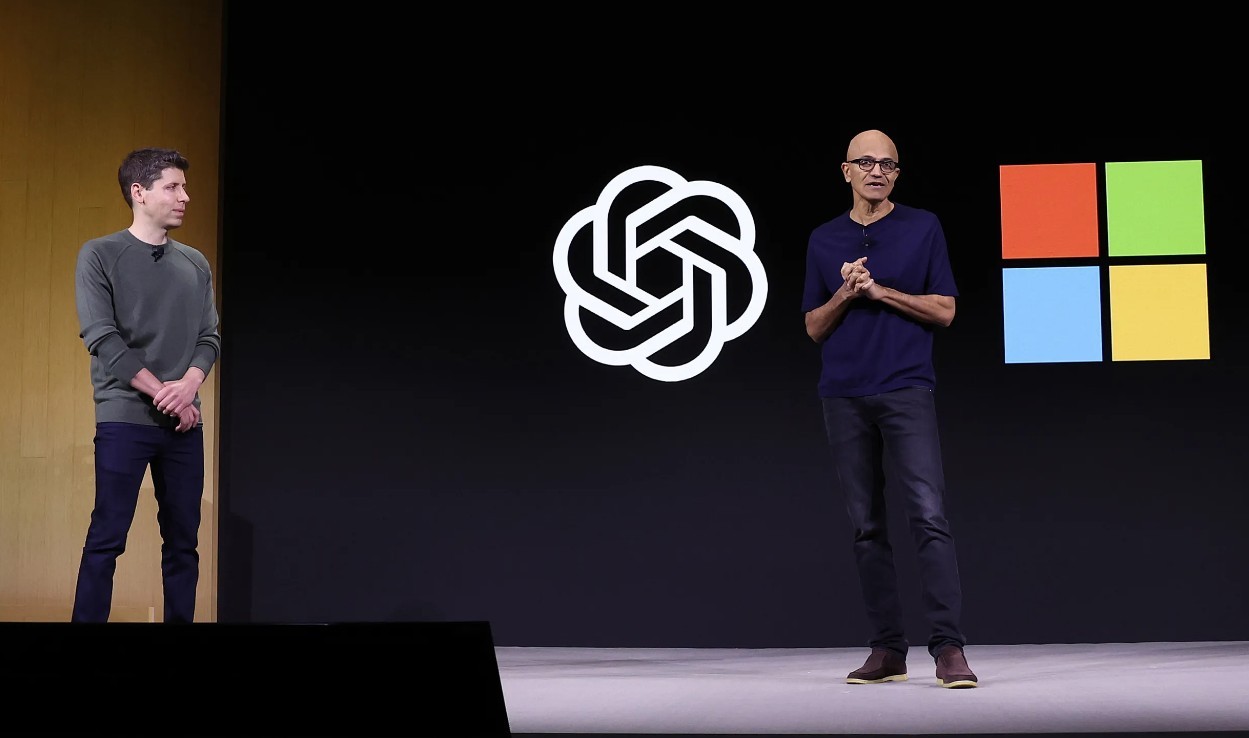OpenAI Further Cuts Ties with Microsoft, Plans to Slash Revenue Sharing After Restructuring Amid Ongoing Conflicts
OpenAI is preparing to significantly reduce the share of its revenue allocated to microsoft as part of its ongoing restructuring, according to reports from The Information. The move, however, comes am

OpenAI is preparing to significantly reduce the share of its revenue allocated to microsoft as part of its ongoing restructuring, according to reports from The Information. The move, however, comes amid mounting challenges, including potential risks to the company's AI technology access agreements and increasing tensions with its largest backer.
Under an existing agreement, OpenAI committed to sharing 20% of its revenue with Microsoft through 2030. However, in financial projections shared with investors, OpenAI revealed plans to cut this figure by at least half by the end of the decade. By 2030, OpenAI plans to share just 10% of its revenue with Microsoft and other commercial partner.
Despite these proposed changes, Microsoft, which has invested $13.75 billion in OpenAI since 2019, is actively negotiating the terms of the restructuring to ensure its investment is adequately protected. Sources familiar with the matter noted that Microsoft is seeking assurances that any changes to OpenAI's corporate structure will not jeopardize its access to the company's AI technology beyond 2030.
A Microsoft spokesperson previously emphasized the company's mutual revenue-sharing agreements with OpenAI and confirmed that key elements of their partnership would remain intact through 2030. "We continue to work closely with Microsoft and look forward to finalizing the details of this recapitalization in the near future," an OpenAI spokesperson told The Information.
While Microsoft remains a critical partner, signs of strain in the relationship have emerged. In January, OpenAI adjusted key terms of its agreement with Microsoft following the announcement of its $500 billion "Stargate" project. This initiative, a joint venture with Oracle and Japan's SoftBank Group, aims to build new AI data centers in the U.S., primarily to support OpenAI's models. The project effectively ended OpenAI's exclusive cloud partnership with Microsoft.
In April, SoftBank led a $30 billion investment round in OpenAI, valuing the company at $300 billion. However, the deal reportedly includes a condition: if OpenAI fails to restructure into a for-profit entity by December 31, SoftBank's total investment will be reduced to $20 billion.
OpenAI, which operates under a nonprofit parent organization, is facing significant hurdles in its restructuring efforts. The nonprofit currently limits investor returns to no more than 100 times their investment, a policy that has dampened the enthusiasm of some investors.
Microsoft has opposed OpenAI's for-profit transition plans, arguing that any structural adjustments must safeguard its investment interests. The nonprofit governance structure has also raised concerns among investors, as it allows OpenAI's nonprofit parent to retain control over the company's key technologies, limiting investor influence over strategic decisions.
As OpenAI considers a potential public offering, it faces a fundamental conflict between public interest and shareholder returns. The company's nonprofit-controlled structure complicates any plans to go public, as it raises questions about how to balance its mission to advance AI for public good with the demands of profit-driven shareholders.

Disclaimer: The views in this article are from the original Creator and do not represent the views or position of Hawk Insight. The content of the article is for reference, communication and learning only, and does not constitute investment advice. If it involves copyright issues, please contact us for deletion.